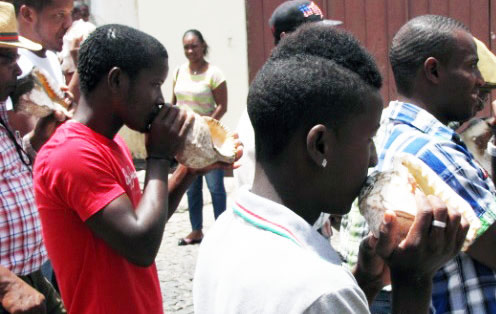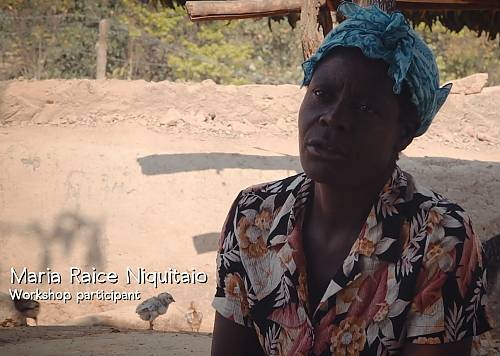Thirty Cabo Verdean representatives from diverse institutions and backgrounds gathered in Praia last month for a training workshop on the implementation of the 2003 UNESCO Convention for the Safeguarding of the Intangible Cultural Heritage at national level.
The training programme, held from 27 to 31 July, was organized in close cooperation between the Cultural Heritage Institute of Cabo Verde (IPC), UNESCO Headquarters and UNESCO’s Regional Office in Dakar to provide attendees with a forum to discuss the scope and objectives of the Convention, as well as obligations of States Parties.
Participants from various national government institutions and civil society organizations, including ministries, the National Association of Municipalities, national NGOs and the Association of Journalists took part in the workshop, highlighting the importance of a diverse perspective and cross-sectoral approach to advocacy of intangible cultural heritage safeguarding. Broader partnerships with the IPC were also encouraged to establish future initiatives.
Regionally, the training was seen as a positive step towards strengthening cooperation among PALOP countries. Further support was given by the Mozambican Institute for Socio-Cultural Research (ARPAC), which provided a senior expert to co-facilitate the workshop and share Mozambique’s experience, reinforcing the Institute’s commitment to capacity-building in Portuguese speaking countries of Africa. Representatives from the Department for Culture of the Secretary of State for Youth, Culture and Sport of Guinea-Bissau and the National Institute of Cultural Heritage of Angola were also present.
The workshop was made possible thanks to a generous contribution from the Government of Norway to the Intangible Cultural Heritage Fund.
Event:
-
Training workshop on the implementation of the 2003 UNESCO Convention (27 July 2015 – 31 July 2015)
Project:
-
Strengthening national capacities for effective intangible cultural heritage safeguarding in selected PALOP countries (1 January 2012 – 1 May 2016)



